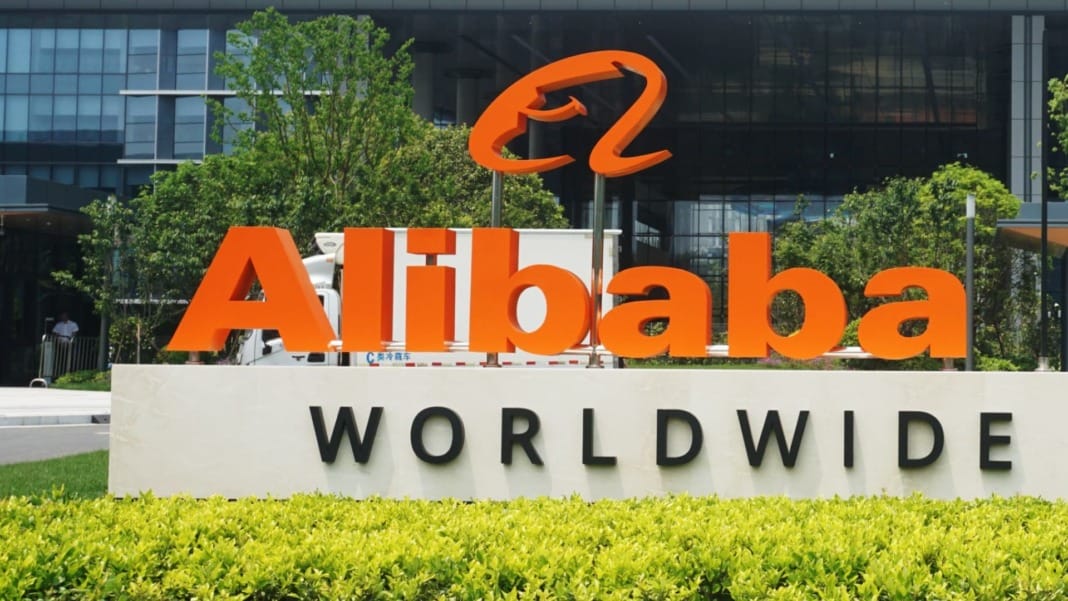Alibaba International Digital Commerce (AIDC) Group has announced the launch of its new AI model, Macro MT, which focuses on enhancing translation across multiple languages. This move aims to facilitate smoother cross-border e-commerce and trade and assist with everyday communication. The model is designed to support businesses and individuals in international interactions by breaking down language barriers.
Breaking down language barriers for global commerce
As part of Alibaba’s commitment to strengthening its global reach, Macro MT is integrated into its existing e-commerce platforms, including well-known names like AliExpress, Lazada, and Trendyol. According to AIDC Vice President Zhang Kaifu, the AI model will play a key role in improving these platforms’ functionality, helping businesses make their products and services accessible to international customers through accurate translations.
“Macro MT will seamlessly integrate into Alibaba International’s overarching business strategies, fortifying the operational backbone of our diverse cross-border e-commerce platforms,” said Zhang. This means that the model will assist with translating product titles, descriptions, image captions, and keywords, making it easier for buyers and sellers to communicate effectively across different languages.
At launch, the model supports 15 languages, including Chinese, English, French, German, Italian, Japanese, and Korean. However, Alibaba plans to expand this list to include more languages in the near future, aiming to enhance translation quality for a broader global audience.
Improving communication beyond e-commerce
While Macro MT’s initial purpose is to support cross-border e-commerce, its applications go beyond Alibaba’s platforms. The AIDC group envisions a future where the model is available to individuals and businesses outside the e-commerce sector, offering high-quality translations for everyday use and international trade. This would make it a versatile tool for various industries, and users frequently encounter language differences.
One of Macro MT’s main challenges is the shortcomings of existing translation tools. These tools often need help with complex expressions, cultural nuances, and idiomatic language. Alibaba’s decision to develop this model came after it recognised that other tools in the market are not adequately equipped to handle these intricate translation needs.
Zhang Kaifu highlighted that Macro MT has already surpassed several leading translation models, particularly its ability to handle low-resource languages, which typically receive less support. This was demonstrated through the model’s performance on the Flores benchmark, a widely recognised standard for evaluating translation models’ accuracy in translating between English and less commonly used languages.
Aiming for global impact
Macro MT is not just a tool for Alibaba’s internal platforms; it’s set to become a resource that can be used globally. The company’s long-term goal is to make the AI model available to a broader audience, including individual users, small businesses, and large enterprises outside the e-commerce space.
The development of Macro MT aligns with Alibaba’s broader strategy of leveraging AI to improve content creation, customer service, and other essential functions for businesses worldwide. As the world becomes more interconnected, tools like Macro MT could be crucial in facilitating seamless communication and helping companies overcome language barriers in an increasingly global market.
With its focus on translation accuracy and an ever-growing list of supported languages, Macro MT is set to revolutionise how businesses and individuals communicate across borders, ensuring that language differences no longer hinder international trade or daily interactions.





